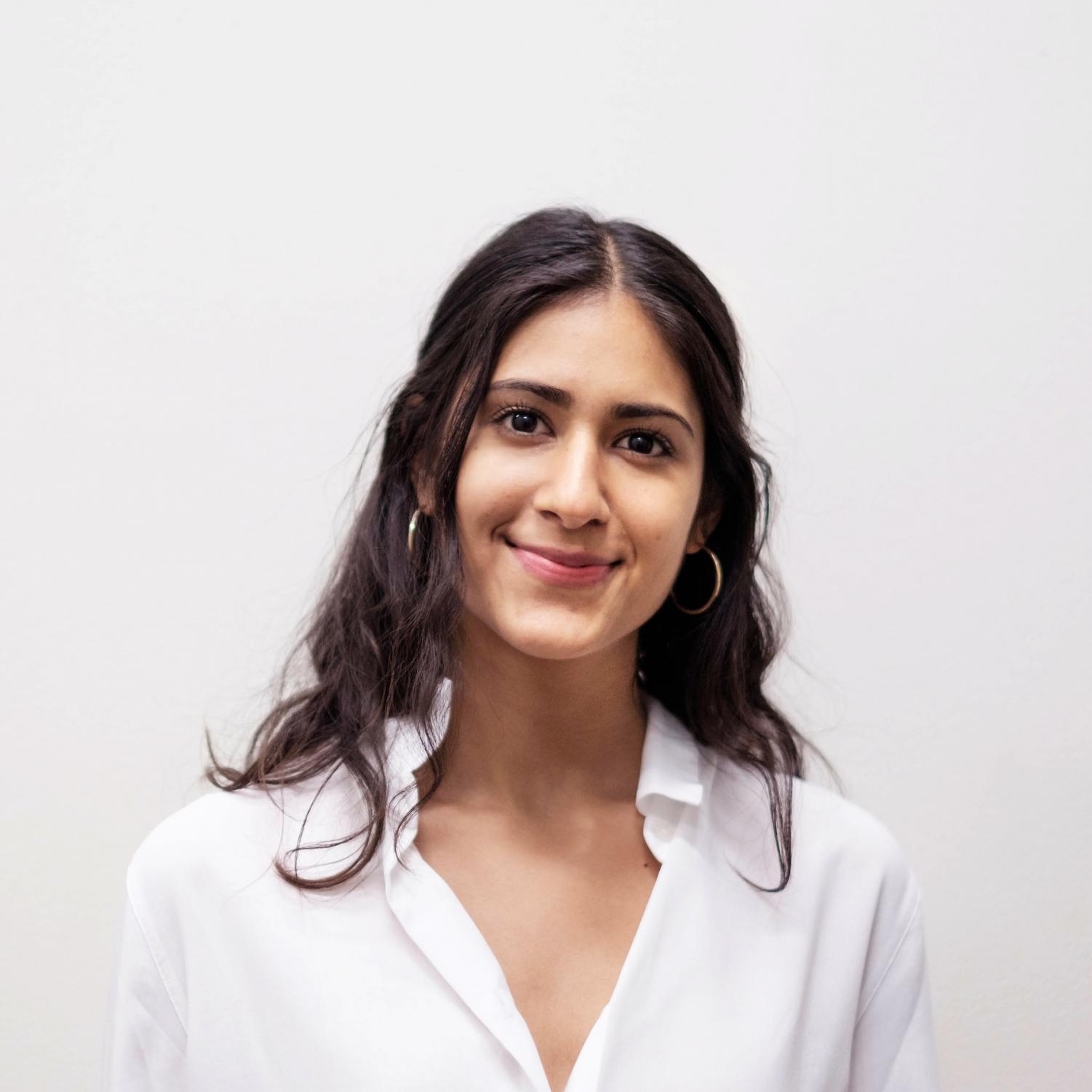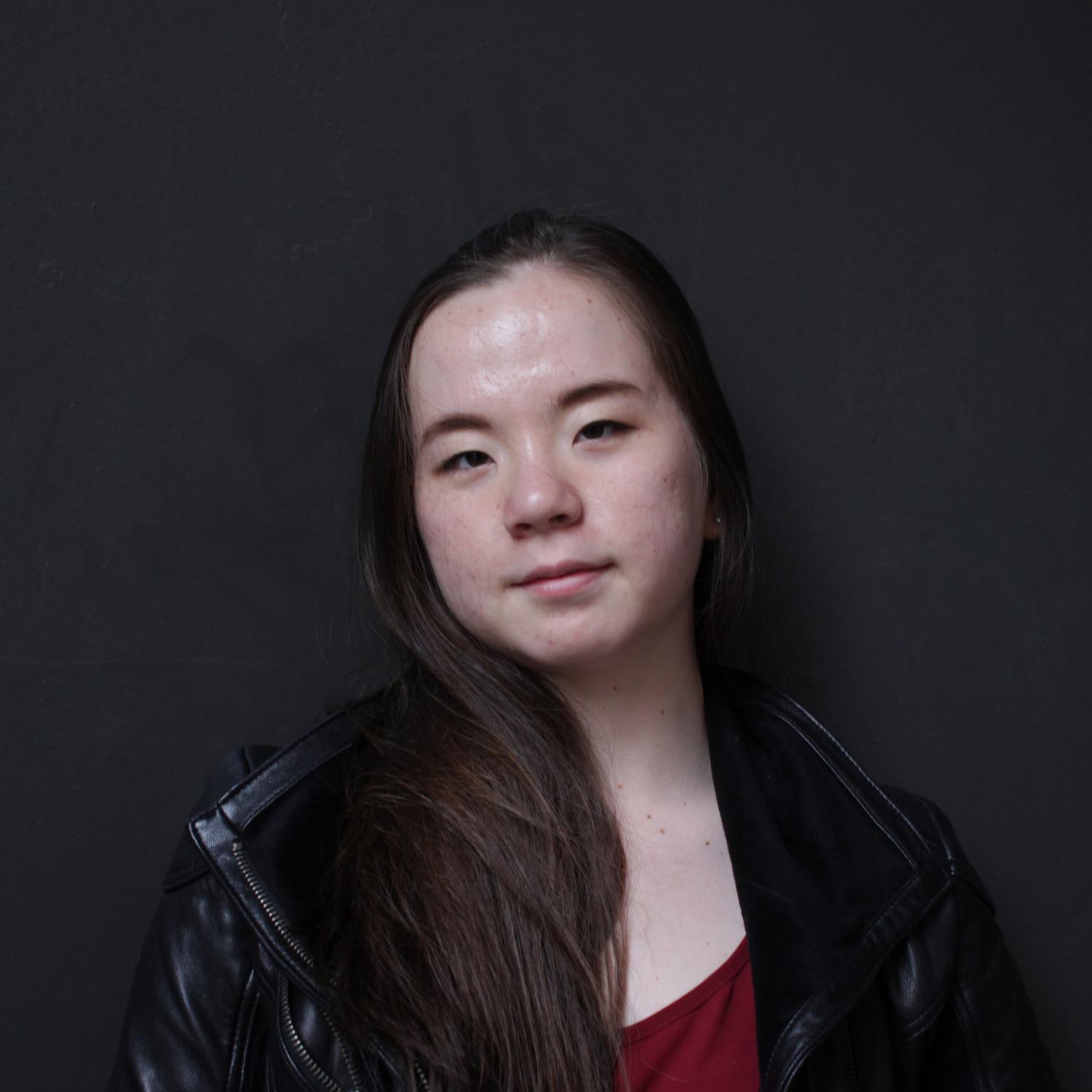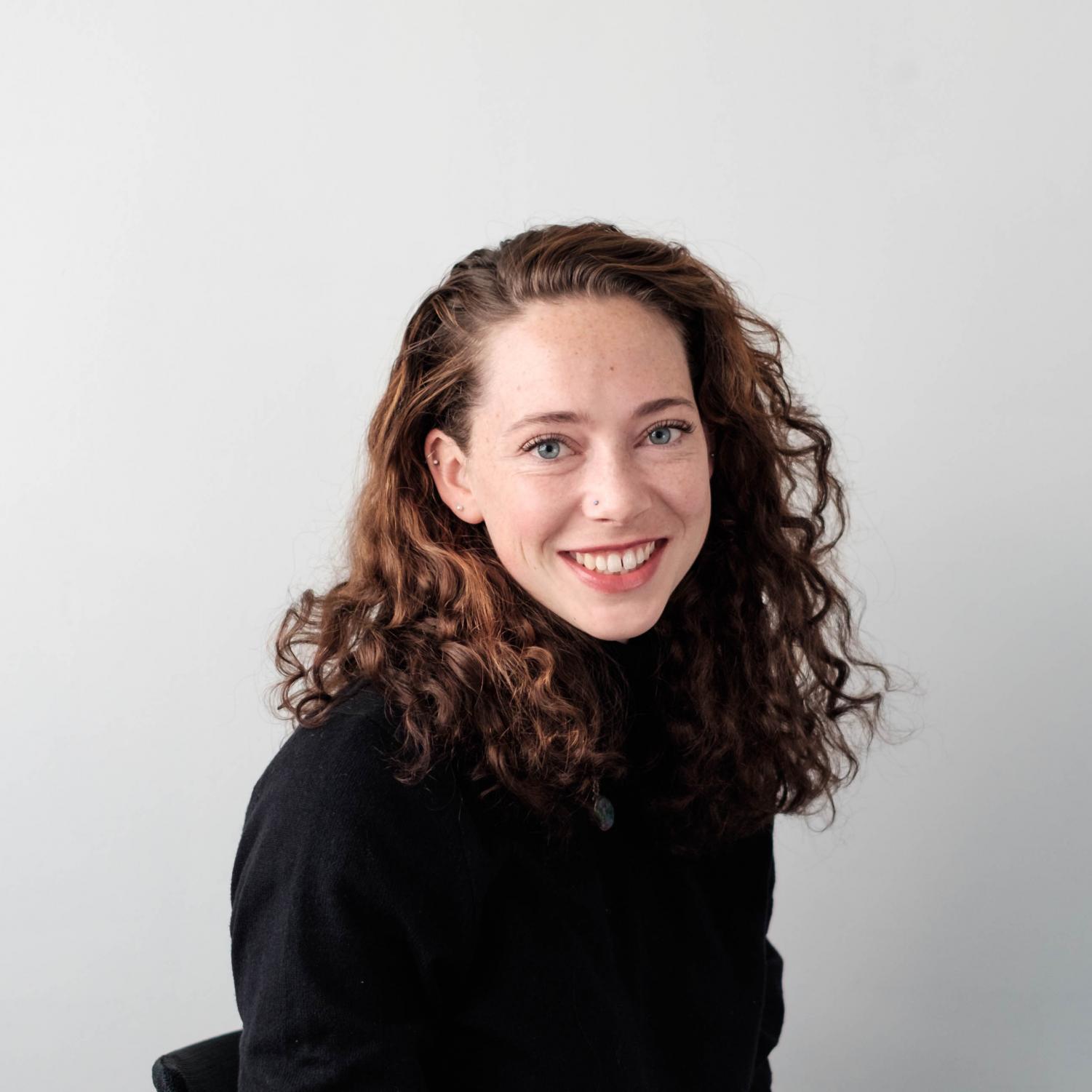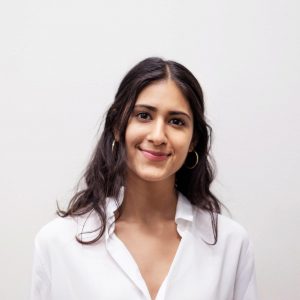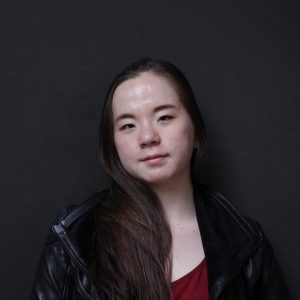Most Creative
Gallatin Concentrations
There is no denying the creativity of students in NYU’s Gallatin School of Individualized Study.
Whether their concentration entails studying aspects in science, technology, engineering or mathematics, or requires them to pursue multimedia projects, Gallatin students are driven by the fact they dictate their own education. They make up their own rules.
Gallatin students are paired up with an advisor (typically pertaining to the student’s interests) and must meet certain requirements set by Gallatin, but many of these requirements can be met with an array of different classes which meet the respective student’s concentration. Upon graduation, students’ classes should inform their concentration, and many come up with snappy titles to summarize their years of complex individualized study.
Many Gallatin students, like junior Veda Kamra, change their concentration as they progress through their undergraduate years. Kamra originally came to Gallatin in hopes of studying fashion business, but realized at the end of her freshman year that she wanted her education to be grounded in social justice. She began to shape a new concentration, which is now called “Breaking, Building and Overcoming Walls.”
“It was definitely a long process of defining and designing, but I’m happy with where it is right now,” Kamra said.
The St. Louis native was inspired to pursue a social justice-based concentration after a police officer killed Michael Brown in Ferguson, Missouri in 2014, and she now studies education, human rights and social business as part of her concentration. Kamra said she is grateful for the education she received growing up, and she believes everyone deserves access to a quality education.
“Education to me is everything,” Kamra said. “I believe my experience should not have had have been one of luck, but rather that it should be the norm.”
Like Kamra, and many other Gallatin students, senior Gwendoline Hornig took a long journey to arrive at her concentration, in which she studies theatre, empathy and education.
“In the more general scope of my concentration — going back to theatre, empathy and education — one of my overarching questions is, how is theatre an education in empathy,” Hornig said. “By this, I don’t mean that theatre should be didactic in the sense of explicitly teaching the audience how to empathize, but I do think creating theatre and experiencing theatre from an audience perspective opens a unique opportunity to become more in touch with the self through the shared experience of others.”
To pursue this concentration, Hornig has taken a variety of theater classes as well as an Gallatin interdisciplinary seminar on education in America and an independent study on Bertolt Brecht’s epic theater. In addition, she took a year off from school to teach drama at a middle school in California during an independent study on adolescent development and theater education.
“That year served as a major turning point for the development of the concentration,” Hornig said.
Though Hornig is close to finishing her studies, she said the creation of her concentration has been a long, winding road. She came into Gallatin her first year knowing she wanted to do something with political theater or theater as activism, but she has since delved deeper into the roots of those ideas.
Before she took a year off, her concentration was titled “Theatre of War,” and she explored theater that dealt specifically with war in context, character and development during her junior year. She said that along with another Gallatin student, she embarked on a project during which they interviewed American war veterans, read war plays and books and watched movies to then write their own plays in response to what they learned during their research.
After this project, Hornig pursued an individual research project through the Dean’s Award for Summer Research. She continued interviewing people and traveled to London for a Women and War Festival.
“In one of these interviews, the person I was interviewing expressed that it’s not enough, as humans, to say that we ‘can’t imagine’ the experiences of others — that saying that we can’t imagine or can’t understand another person’s experiences discredits that individuals experience of the world, and that as humans we all have the innate capacity to connect and understand and empathize on an emotional level to the experiences of others,” Hornig said. “I didn’t know it in that moment, but that sentiment was really major point of departure for the initial shifts towards where my concentration is now.”
In the future, Hornig wants to teach middle school drama and continue making theater.
“One of the most valuable things I’ve learned in the last five years is what makes me happy,” Hornig said. “I am happiest when I am working with students and when I’m in the rehearsal room.”
Not everyone comes into Gallatin knowing what they will concentrate in. Junior Emily Arakawa, whose concentration is titled “Documentary Film,” said she originally came to Gallatin because she wasn’t entirely sure what she wanted to study. However, she knew she was interested in Asian American studies and media studies.
“I took a class called ‘Filming Asian America’ because the class seemed to combine my two interests,” Arakawa said. “We watched documentaries about Asian America every week. I fell in love with the ability of documentary to educate people about histories [and] social issues in such an emotional and compelling way.”
Arakawa said that now, her concentration entails analyzing documentary film as a medium to tell a story and as a platform for social change. Her concentration is important to her because she wants to use her films to illuminate the voices of marginalized communities.
“I think everyone’s voice deserves to be heard,” Arakawa said. “Also, documentary film makes complicated issues of social justice more accessible, focusing a larger systemic problem onto a personal, human story. Through documentary, we are able to see the person’s story as is and reveal their emotional truth about their personal story in relation to broader social issues.”
Arakawa said that though it may be the butt of many jokes, Gallatin is what students make of it. She said she has never met a Gallatin student who didn’t take their concentration seriously, and on top of their studies, students work jobs or internships and even take on personal creative projects.
“Gallatin kids are always grinding,” Arakawa said.
Read more from Washington Square News’ “School Superlatives” feature. Email Natasha Roy at [email protected].
Natasha is a CAS sophomore studying journalism and public policy, and she's an editor-at-large at WSN this semester. Originally from a small town outside...
Echo Chen is the Multimedia Editor at the Washington Square News. She is a freshman in Gallatin studying visual storytelling, sprung from her love of painting,...














































































































































